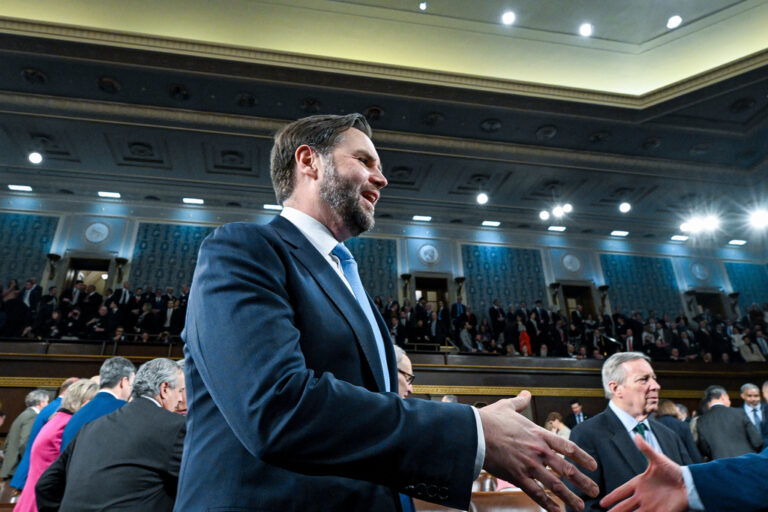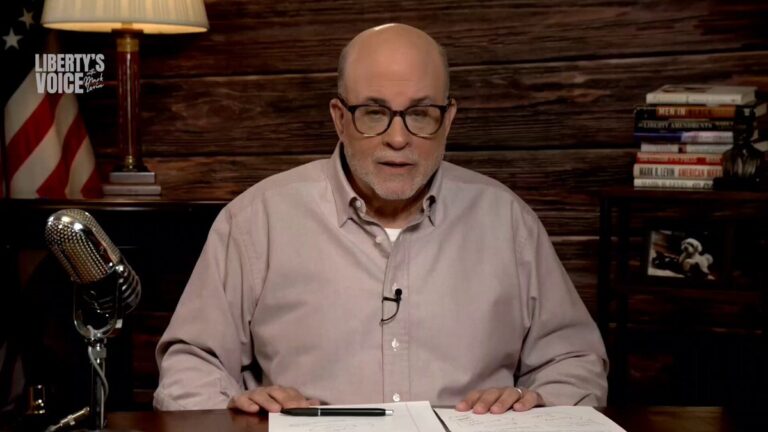While Democratic and Republican legislators agree taxes in Connecticut should lowered, especially given the state’s large budget surplus, there was continued disagreement Wednesday over which taxes should be targeted and when taxpayers should expect to feel some relief.
The Democratic controlled Finance Revenue and Bonding Committee advanced a major tax bill 28-23, along mostly party lines, that includes Democratic Gov. Ned Lamont’s proposals to increase and expand the local property tax credit and accelerate the planned phase-in of the pension and annuity income tax exemption.
While some GOP committee members praised some of the tax reductions in the package, they contend taxpayers need assistance as soon as possible given the high rate of inflation. Any changes to tax credits, they said, won’t be felt immediately.
“The people of Connecticut want relief now,” said Sen. Henri Martin, R-Bristol, the ranking Senate Republican on the tax writing committee. “What we did a few weeks ago regarding the 25-cent reduction in (the gas tax) was a great step forward and I think we can do more. We can do it through the sales tax, we can do it through the meals tax, and people would feel that immediately rather than later.”
But Democrats contend their tax proposals provide both short- and long-term relief and don’t jeopardize fiscal improvements the state has recently realized.
“We believe that this proposal before us today threads that all-important needle of meeting the moment when it comes to helping those who are having a really hard time in the state right now afford basic things like child care and food and trips to the gas station,” said Rep. Sean Scanlon, D-Guilford, the committee’s co-chairperson.
Scanlon defended a provision in the tax bill that allows the state to spend higher-than-anticipated revenues, essentially departing from a revenue cap that lawmakers adopted in the 2017 budget. Scanlon said the proposed change would create a funding stream for three yet-to-be-approved initiatives: a new child income tax credit program, additional mental health services for children and more child care assistance.
Scanlon also stressed that while Democrats would like to cut taxes sooner and in larger amounts, the federal government currently restricts how much tax relief states can provide under rules governing how federal pandemic relief funds can be spent.
The General Assembly’s Appropriations Committee is expected to vote Thursday on the spending side of the new state budget. The separate tax and spending packages will become the basis for closed-door talks between legislators and the governor’s administration over the coming weeks.
(AP)










